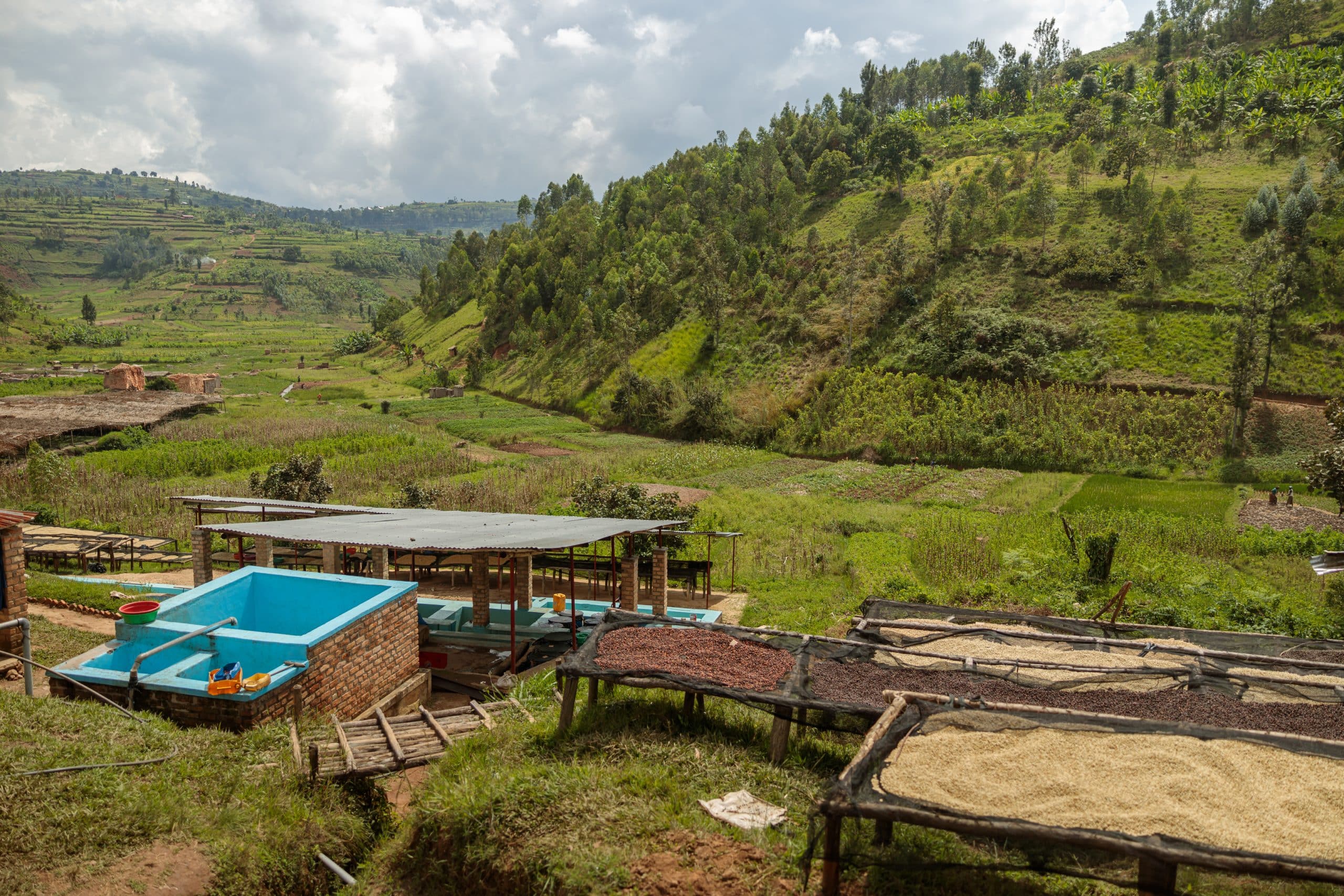What are the best practices for recycling and waste management in UK holiday rentals?

The UK holiday rentals industry has witnessed significant growth over the past decade. This thriving sector of the property market brings with it several responsibilities, including the management of waste and recycling. For property owners and managers, ensuring your holiday rental is in line with best practices for waste and recycling can be a challenge. The task involves not only meeting local collection standards but also educating your guests on how to properly separate their waste. This guide provides an overview of the best practices and some tips to help you manage waste and recycling in your holiday rental.
Understanding Local Waste Collection Practices
The first step towards effective waste management is understanding the local waste collection practices. These practices vary from one location to the next. Therefore, it is essential that you familiarise yourself with the waste and recycling collections in your specific area.
A lire en complément : How can you find holiday rentals with the best local cuisine options in Yorkshire?
Local councils in the UK have different systems for waste and recycling collection. Some councils use a single bin for all recyclables, while others require residents to separate their recyclables into different bins. This could be a bin for paper and cardboard, another for plastics and cans, and a third for glass. Other councils may have more specific divisions, such as separate collections for food and garden waste.
One crucial aspect of waste collection is the schedule. Most local councils collect normal waste weekly, while recycling is often collected every two weeks. Be sure to know the exact days of collection in your area. It's also important to know that collections can change for various reasons, like public holidays or severe weather, so always keep an eye out for updates from your local council.
A lire en complément : What should you consider when choosing a holiday rental by UK surfing spots?
Setting Up Efficient Waste and Recycling Bins
After understanding your local waste collection practices, the next step is to set up efficient waste and recycling bins in your holiday rental. This setup will help your guests to follow local recycling rules and contribute to waste management efforts.
There should be separate bins for general waste and different types of recyclable materials. These bins should be clearly labelled, and, if possible, colour-coded to match the colours used by the local council's waste collection service. This will help guests easily identify which materials go in which bin.
A common area where confusion may arise is food waste. Some councils collect food waste separately, while others expect it to be disposed of with general waste. Clear guidance is needed in your holiday rental to ensure guests dispose of food waste correctly.
Informing Your Guests about Recycling and Waste Management
Once you've set up the waste and recycling bins, the next step is to clearly inform your guests about the recycling and waste management practices. This will involve providing clear instructions and guidelines.
A welcome pack is a useful tool for sharing important information with your guests upon their arrival. This pack can include a section detailing the recycling and waste management practices of your holiday rental. Make sure to specify what can and cannot be recycled, how to dispose of food waste, and when and where to put the bins out for collection.
Digital communication can also be a powerful tool in informing guests. Sending an email or a text message with recycling and waste management instructions before your guests' arrival can ensure they start their stay with the correct information in mind.
Fostering a Culture of Recycling in Your Holiday Rental
Encouraging recycling in your holiday rental goes beyond setting up bins and providing information. It requires fostering a culture of recycling that encourages guests to participate in waste management activities during their stay.
Offering incentives for recycling can drive guest participation. This could involve small rewards for guests who comply with recycling and waste management practices. Examples of rewards could include a discount on future bookings or a small gift on arrival.
Educational materials promoting recycling can also be displayed in your holiday rental property. These could be posters or leaflets that discuss the importance of recycling and its benefits to the environment. Such materials can also provide tips for reducing waste, such as using reusable shopping bags or avoiding single-use plastic bottles.
Keeping Up with Changes in Waste Management and Recycling Practices
Staying informed about the latest developments in waste management and recycling is key. This will ensure your holiday rental continues to comply with local regulations and best practices.
Trade publications, local council newsletters, and environmental websites are good sources of information. These resources can keep you updated on changes in waste collection schedules, new recycling initiatives, or alterations in the types of materials that can be recycled.
In conclusion, managing waste and recycling in UK holiday rentals involves understanding local waste collection practices, setting up efficient bins, informing guests, fostering a culture of recycling, and keeping up with changes in practices. Following these steps will ensure your holiday rental is playing its part in protecting the environment and promoting sustainable tourism.
Implementing Effective Food Waste Management Practices
As the owner of a holiday rental, it is crucial to have an effective strategy for managing food waste. This is a significant concern since food waste not only contributes to landfill issues but also to greenhouse gas emissions. Hence, an effective food waste strategy can help in reducing the environmental impact of your holiday cottage.
In areas where local authorities collect food waste separately, providing a designated bin for food waste is necessary. This should be a sturdy and well-sealed container to prevent odours and pests. If food waste is to be disposed of with general household waste, guests should be advised to bag it separately before adding it to the regular waste bin.
Consider partnering with a local composting service if available, to recycle food scraps and other compostable materials. This can be a great way to reduce waste and contribute positively to the local community. Inform your guests about this service, and provide clear guidelines on what can be composted.
In your rental property, it's beneficial to equip the kitchen with tools that make it easier for guests to reduce food waste. This could include providing reusable food storage containers and promoting meal planning to avoid overbuying food that may go to waste.
Aligning Your Waste Management and Recycling Practices with Your Business Goals
Managing waste and recycling in your holiday rental isn't just about meeting legal obligations or doing your bit for the environment; it can also align with your business goals and improve your standing with guests, local communities, and even regulatory bodies like the Environment Agency.
By promoting recycling and waste management in your holiday cottage, you can position your business as environmentally responsible. This can be a selling point for guests, especially those who are environmentally conscious. You could also receive recognition from environmental organisations or local authorities for your efforts, which could boost your business's reputation.
Moreover, effective waste management can lead to cost savings. By reducing the waste generated and properly sorting recyclables, you could potentially decrease the cost of commercial waste disposal. You may also save on fines or penalties for non-compliance with waste regulations.
Seek advice from professionals, such as accountants or tax advisers, to explore if there are any tax incentives for sustainable business practices. For instance, you may be able to claim allowances for investments in recycling equipment or energy-efficient appliances.
In addition to the financial benefits, these practices can also contribute to the long-term success of your business. By fostering a culture of recycling and waste reduction, you can ensure your holiday rental remains sustainable and appealing to guests over the long term.
Conclusion
Implementing and maintaining best practices for recycling and waste management in your UK holiday rental is not a short-term task; it's an ongoing commitment. It involves understanding the local waste collection practices, setting up efficient waste and recycling bins, informing and educating guests, and staying updated with changes in waste management and recycling practices.
Equally important is addressing food waste, a significant aspect of waste management that often gets overlooked. Finally, aligning your waste management practices with your business goals is a smart strategy that can offer multiple benefits, from cost savings to enhancing your reputation.
By following the guidance provided in this article, you can meet your duty of care towards waste management and contribute to the broader goal of sustainable tourism. This will help ensure your holiday rental business remains successful and carries a positive impact on the environment.
